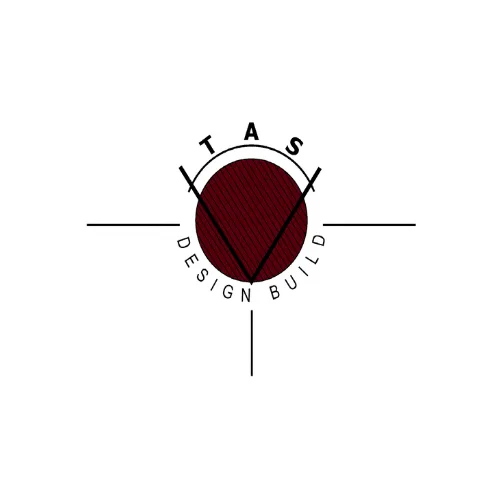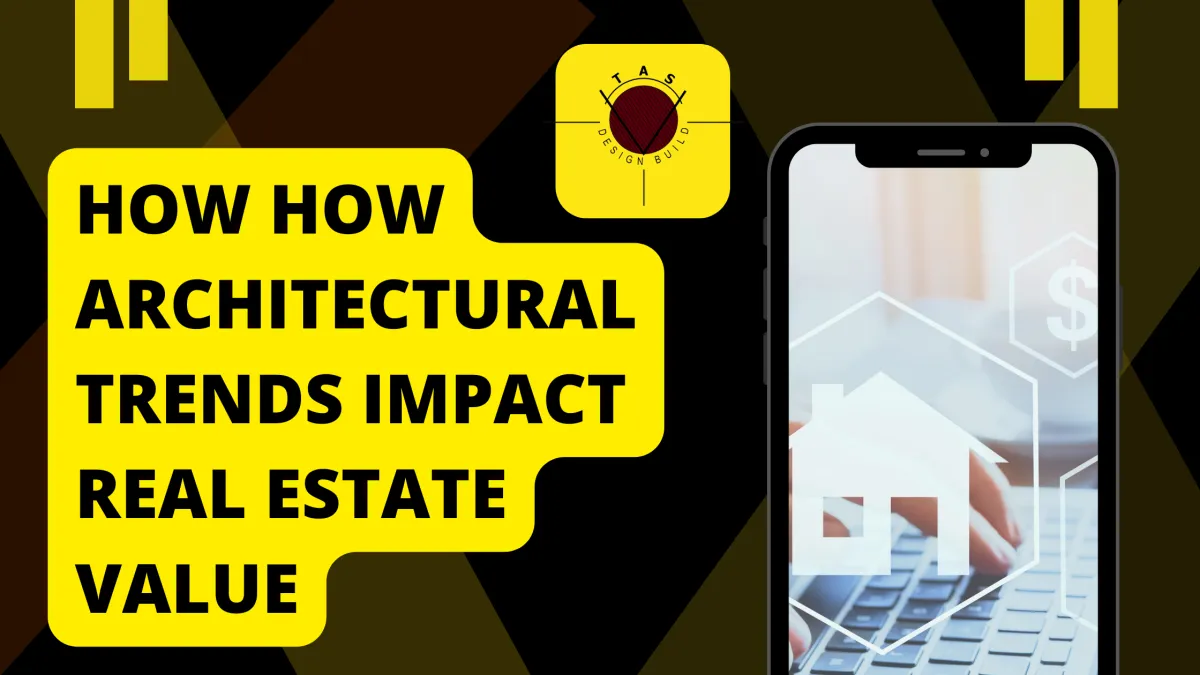A Guide for Architectural Design
The Role of Local Architects in Community Development
Architecture is more than just the art of designing buildings; it is a critical component of community development. Local architects play a pivotal role in shaping the environments where people live, work, and play. In southwest Virginia, firms like TAS Design are at the forefront of creating spaces that enhance the quality of life and foster community spirit. This article delves into the multifaceted role of local architects in community development, highlighting their contributions to sustainable design, economic growth, cultural preservation, and social cohesion.
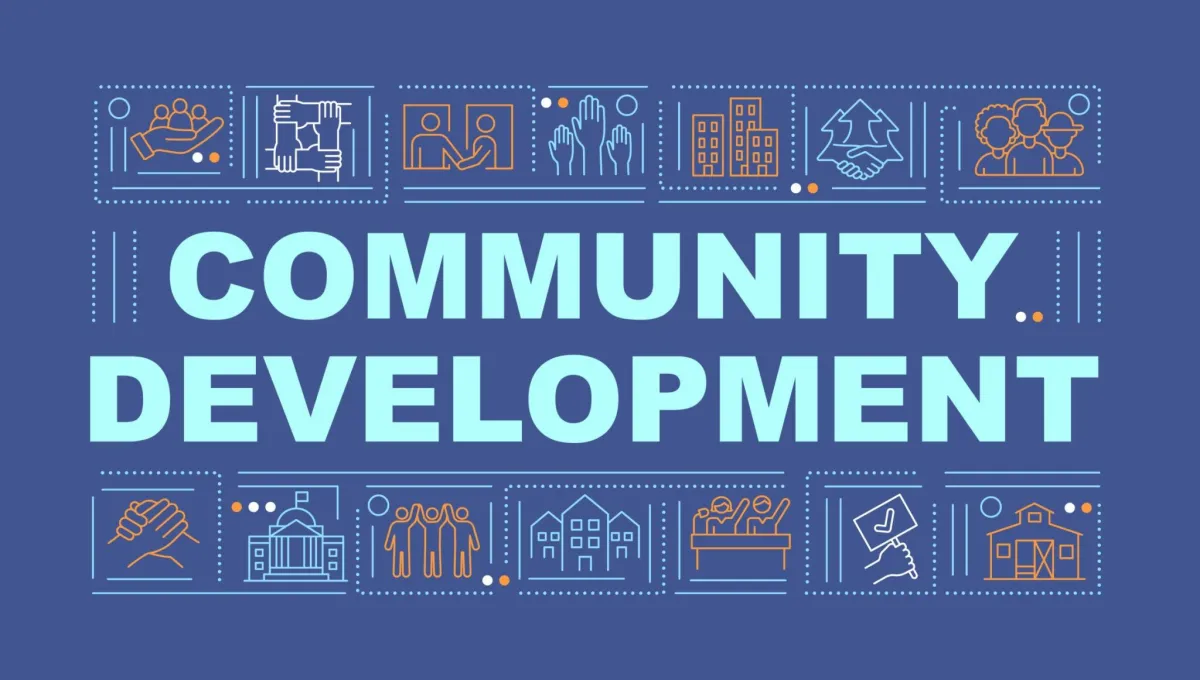
Understanding Community Development

What is Community Development?
Community development is a process where community members come together to take collective action and generate solutions to common problems. It encompasses a wide range of activities aimed at improving the well-being of local residents, from economic revitalization to social infrastructure enhancement.
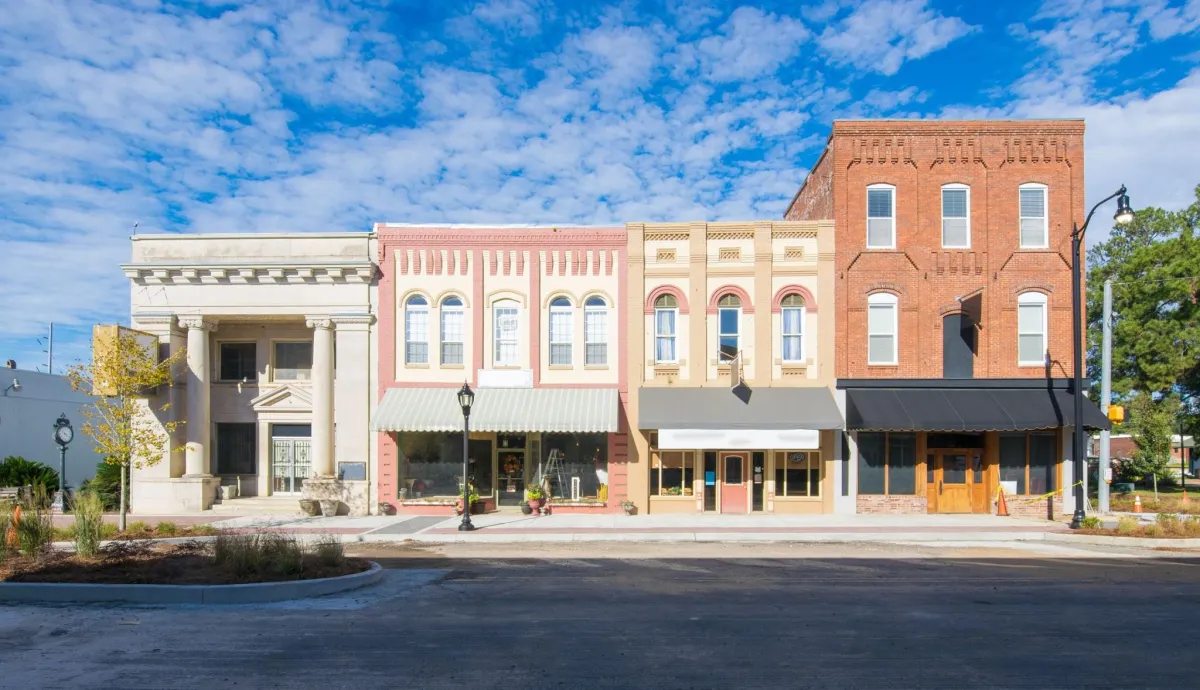
The Intersection of Architecture and Community Development
Architecture intersects with community development by providing the physical framework within which communities evolve. The built environment significantly influences social interactions, economic activities, and cultural practices. Therefore, architects are uniquely positioned to contribute to the holistic development of communities.
Sustainable Design and Environmental Stewardship
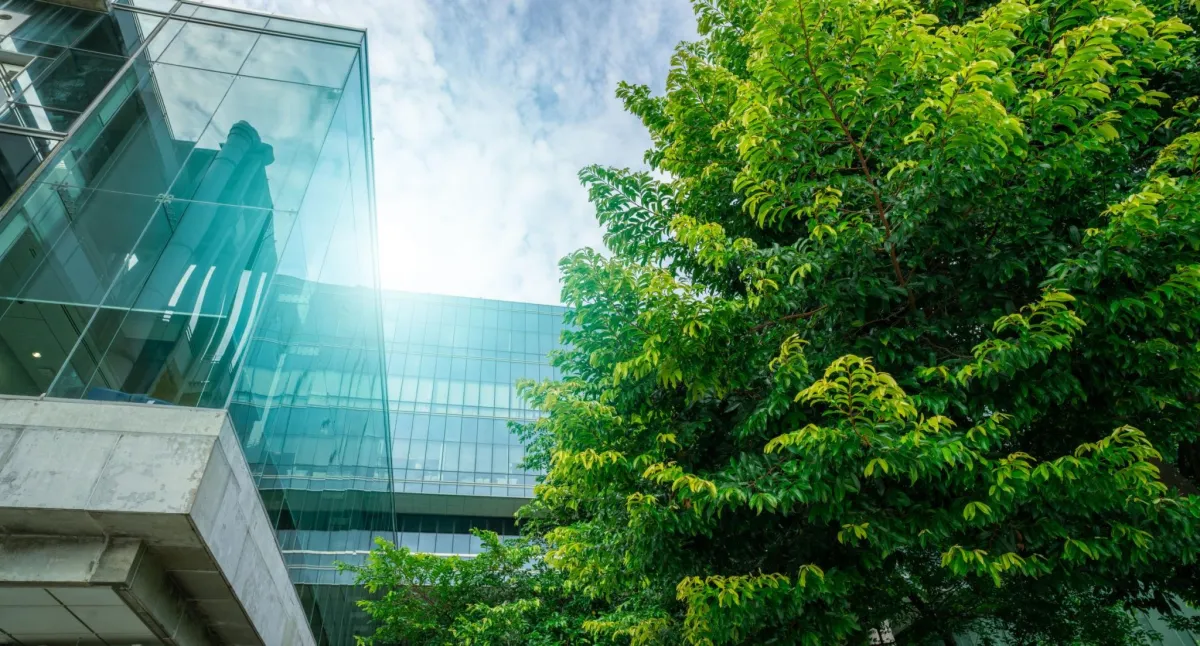
Embracing Green Architecture
One of the primary roles of local architects in community development is promoting sustainable design. Green architecture involves creating buildings that have minimal impact on the environment. This includes the use of eco-friendly materials, energy-efficient systems, and sustainable construction practices.
Economic Growth and Revitalization
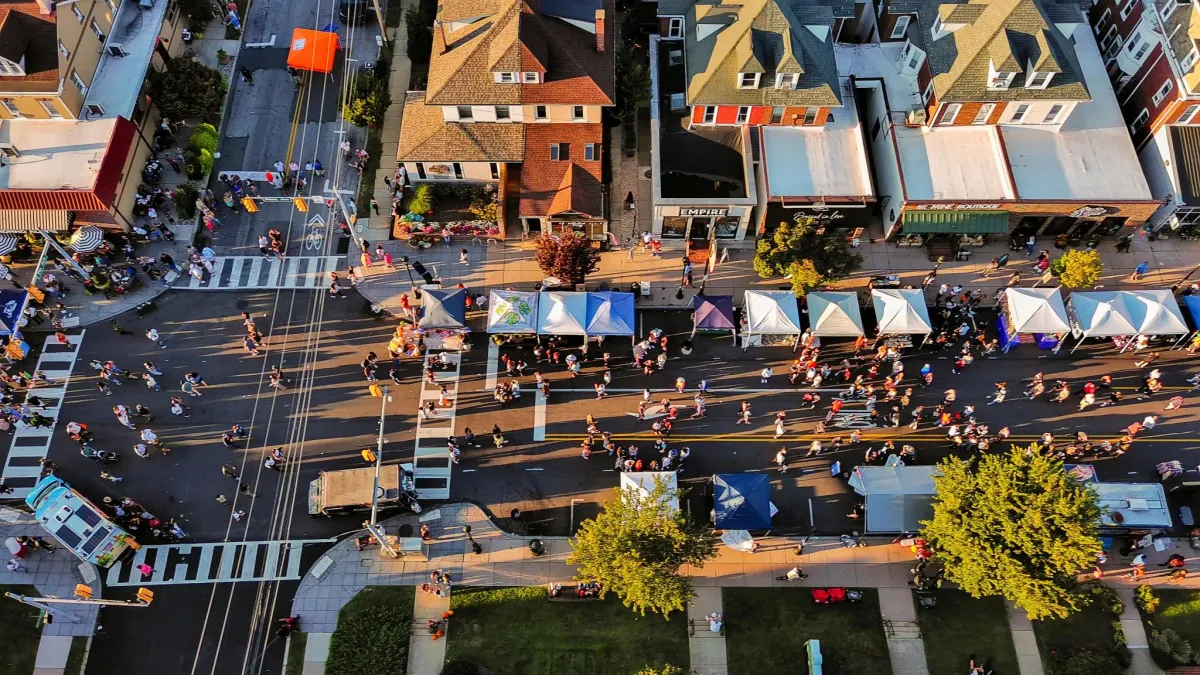
Architecture as an Economic Catalyst
Local architects contribute to economic growth by designing commercial spaces that attract businesses and tourists. Well-designed buildings can rejuvenate neglected areas, turning them into bustling commercial hubs.
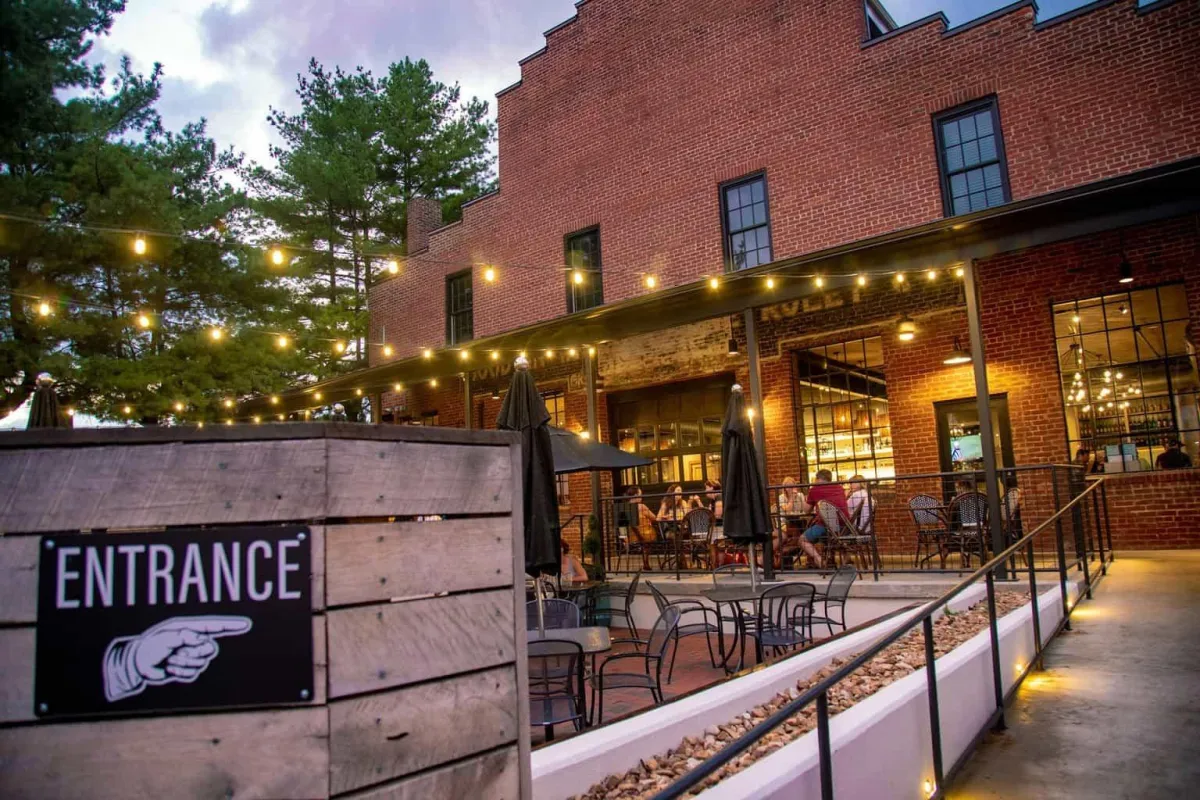
Urban Renewal in Salem, VA
An excellent example of architecture as an economic catalyst can be seen in Salem, VA. The downtown area had been struggling with economic decline until local architects took on the challenge of revitalizing it. By renovating historical buildings and creating new mixed-use developments, they are transforming the area into a vibrant commercial district. This renewal attracts new businesses, increases foot traffic, and significantly boosts the local economy.
Cultural Preservation and Enhancement
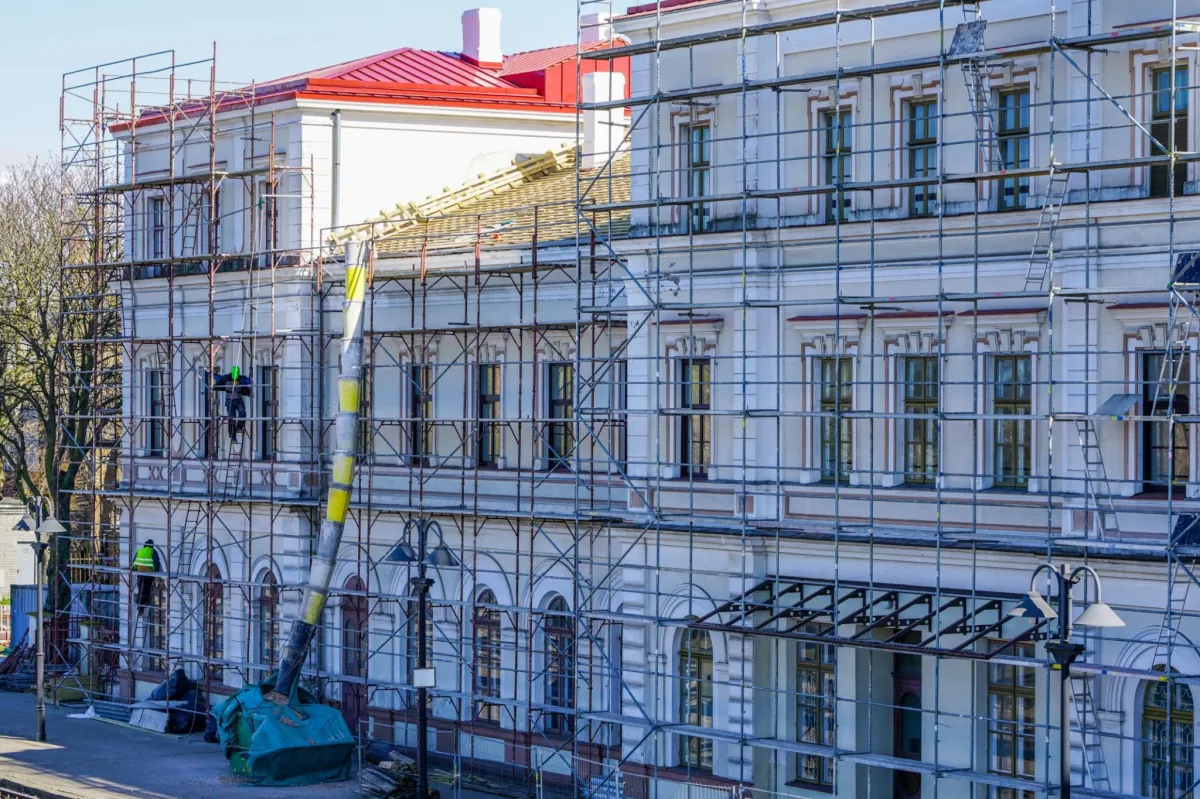
Preserving Local Heritage
Local architects play a crucial role in preserving and enhancing the cultural heritage of their communities. By restoring historical buildings and integrating traditional architectural elements into new designs, they maintain the cultural identity of the area.
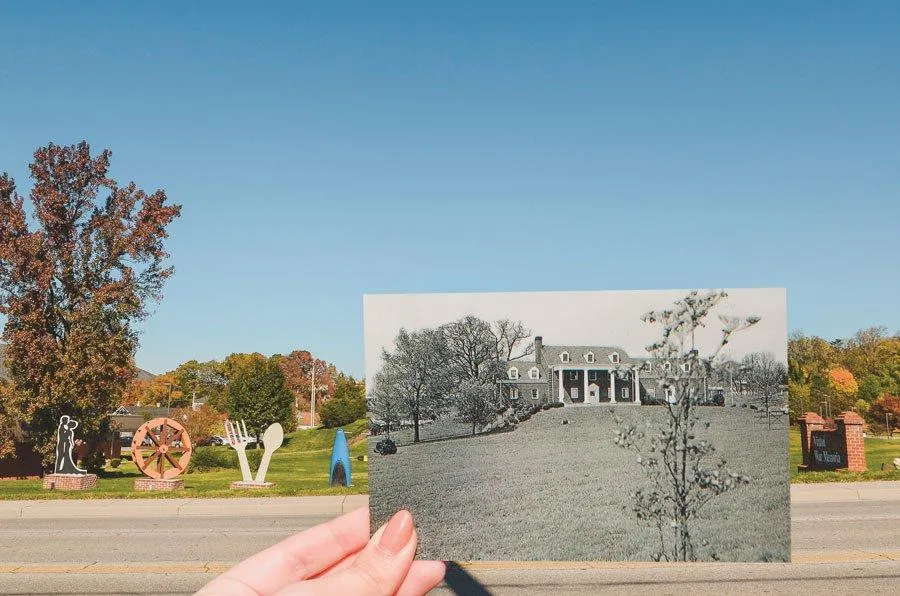
Cultural Preservation in Vinton, VA
In Vinton, VA, the restoration of the Vinton War Memorial is a prime example of cultural preservation. Local architects undertook the task of renovating this historical landmark, ensuring that its architectural integrity was maintained while upgrading its facilities to meet modern standards. This project not only preserved a piece of local history but also revitalized a community gathering space.
Photo credit: The Roanoker Magazine
Social Cohesion and Community Engagement
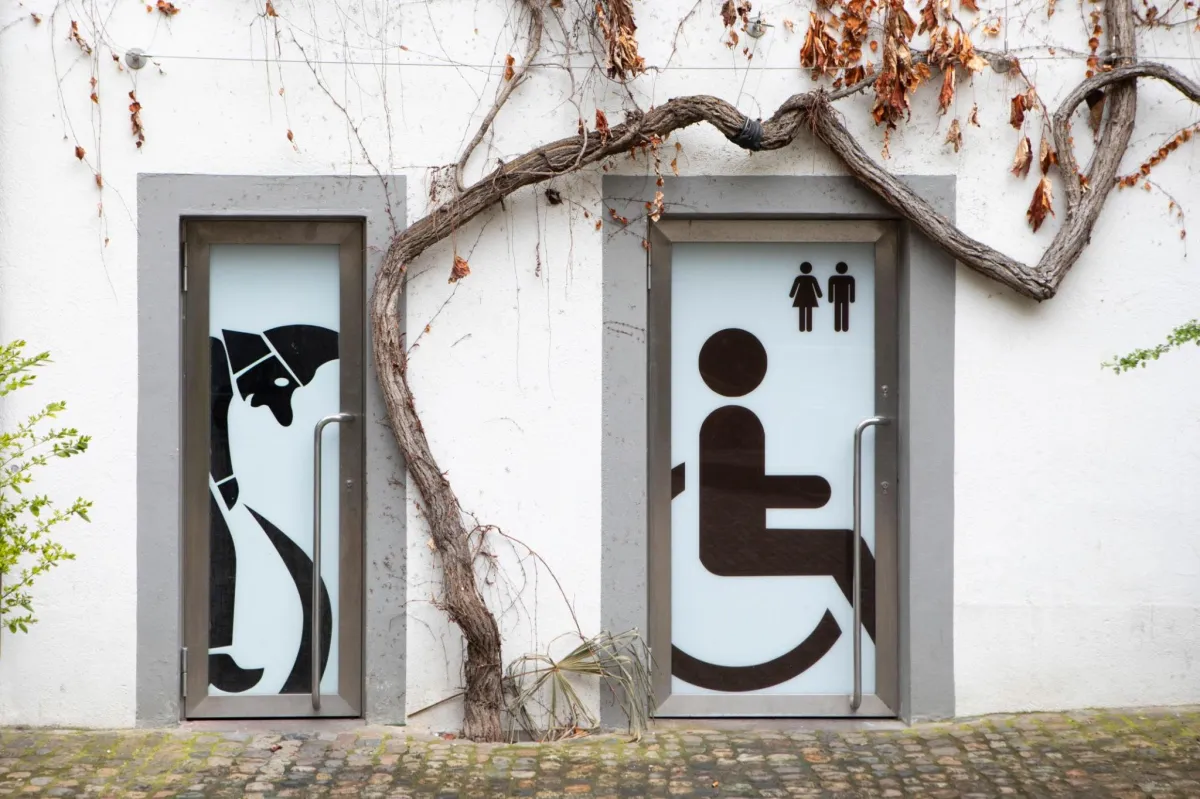
Designing Inclusive Spaces
Creating inclusive spaces that cater to diverse populations is a key aspect of community development. Local architects design public spaces, housing, and facilities that are accessible to everyone, promoting social inclusion and equity.
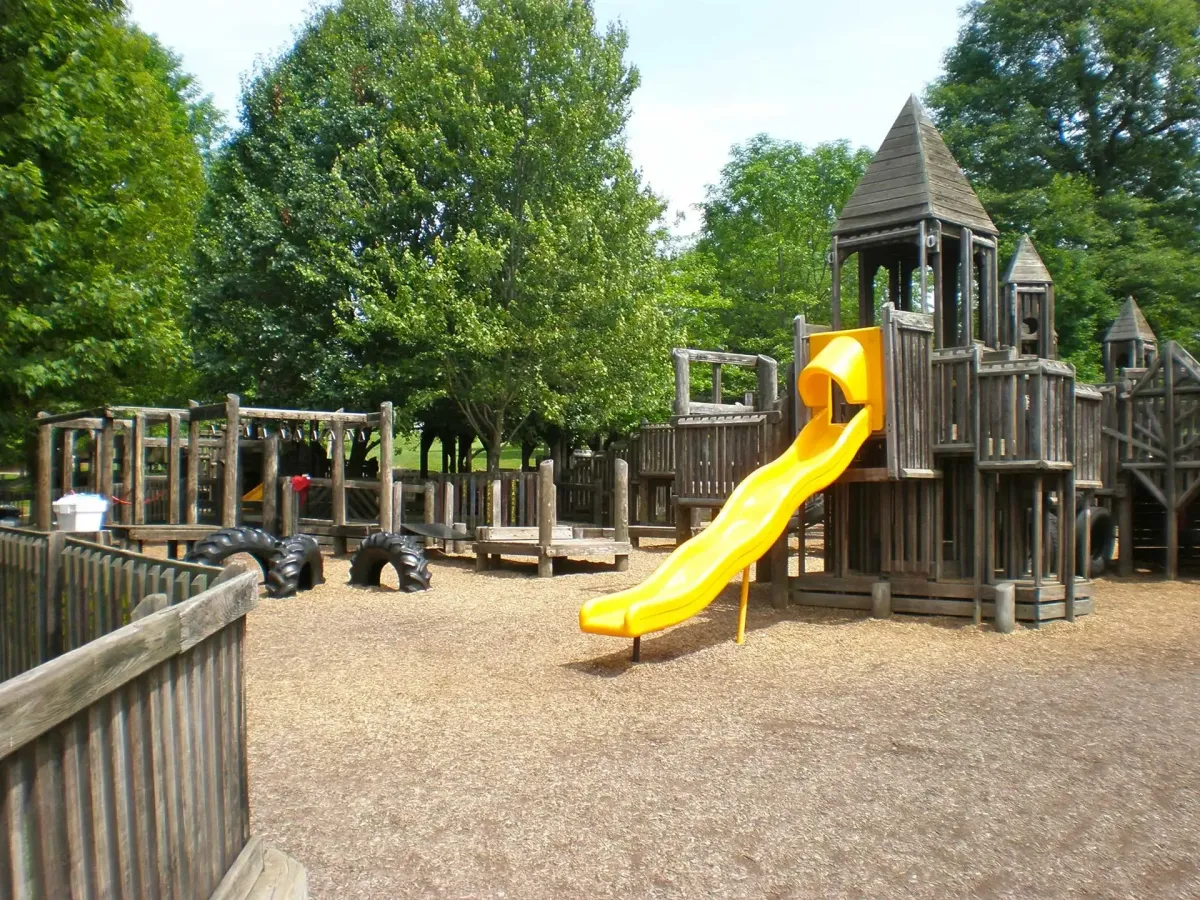
Inclusive Design in Blacksburg, VA
Blacksburg, VA, home to Virginia Tech, has benefited from inclusive design initiatives led by local architects. The redevelopment of the Blacksburg Municipal Park included features such as wheelchair-accessible playgrounds, sensory-friendly areas, and multi-use paths. This inclusive approach ensures that people of all ages and abilities can enjoy the park, fostering a sense of community and belonging.
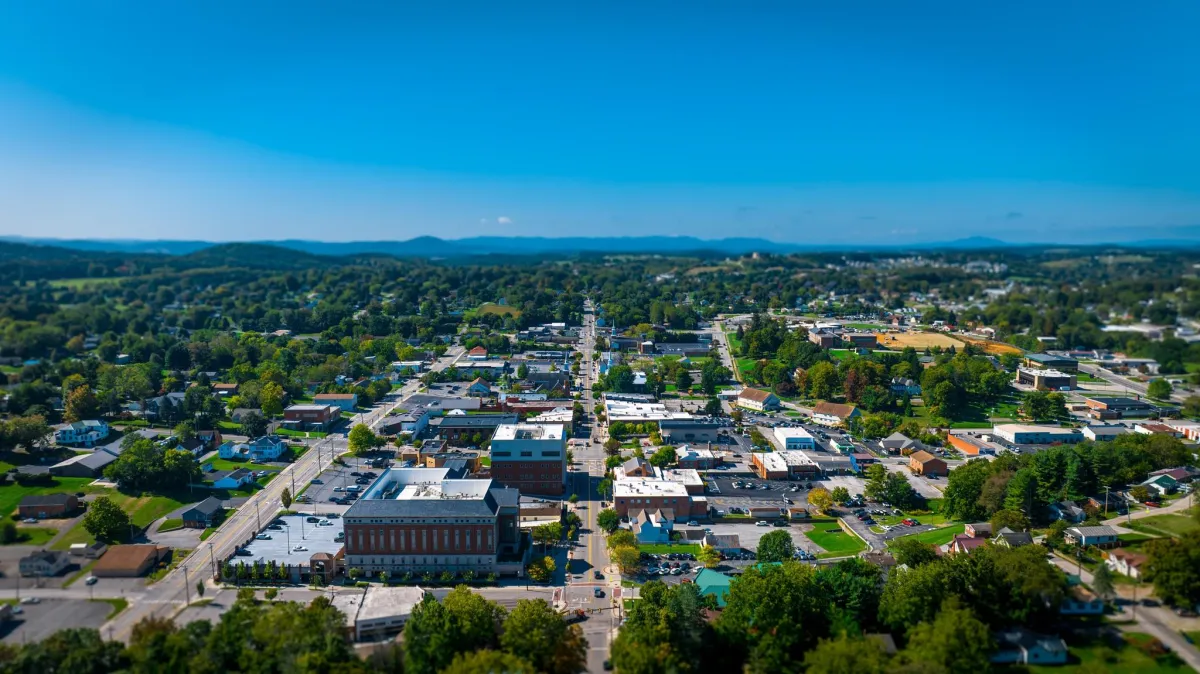
Community Engagement in Christiansburg, VA
In Christiansburg, VA, the development of the new town center was marked by extensive community engagement. Local architects organized public forums, workshops, and surveys to gather input from residents. This collaborative approach resulted in a town center design that includes spaces for local businesses, community events, and recreational activities, reflecting the community's vision and needs.
Photo Credit: Jason Payne
Challenges and Opportunities
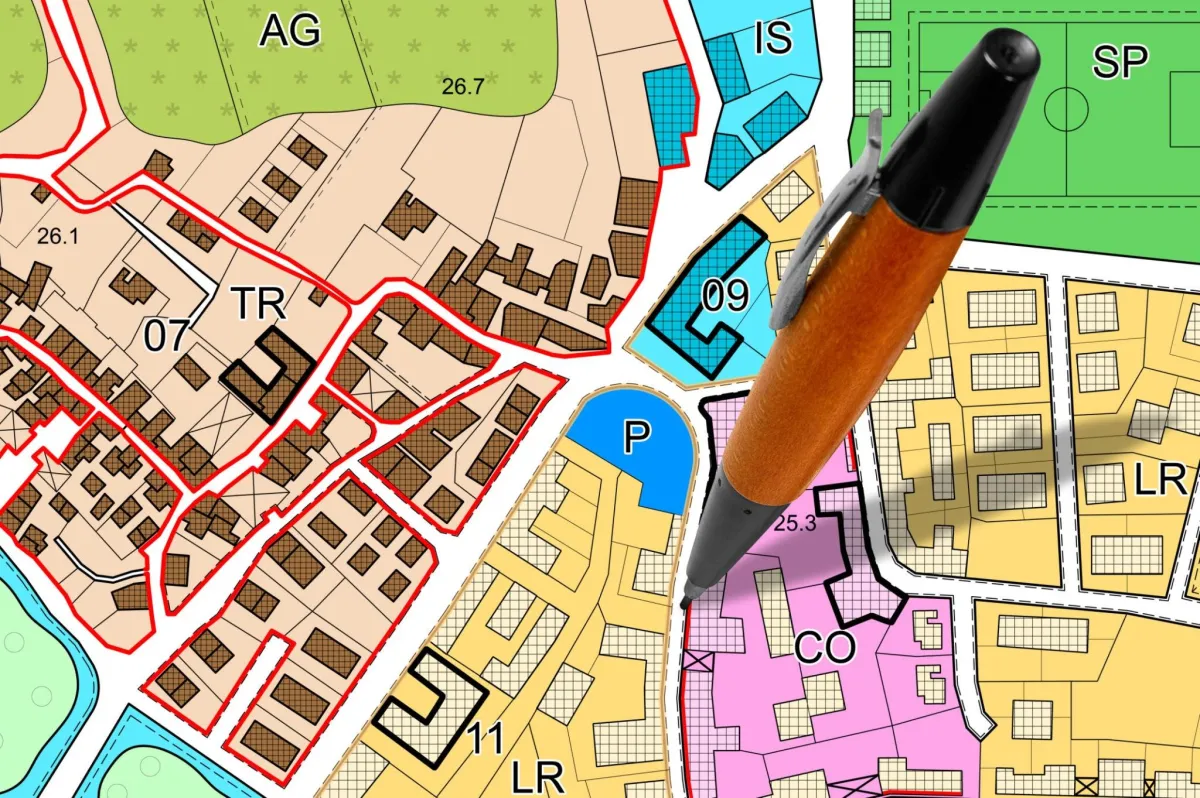
Navigating Regulatory Frameworks
Local architects must navigate complex regulatory frameworks that govern building codes, zoning laws, and environmental regulations. This requires a deep understanding of local policies and the ability to advocate for designs that balance regulatory compliance with innovative solutions.
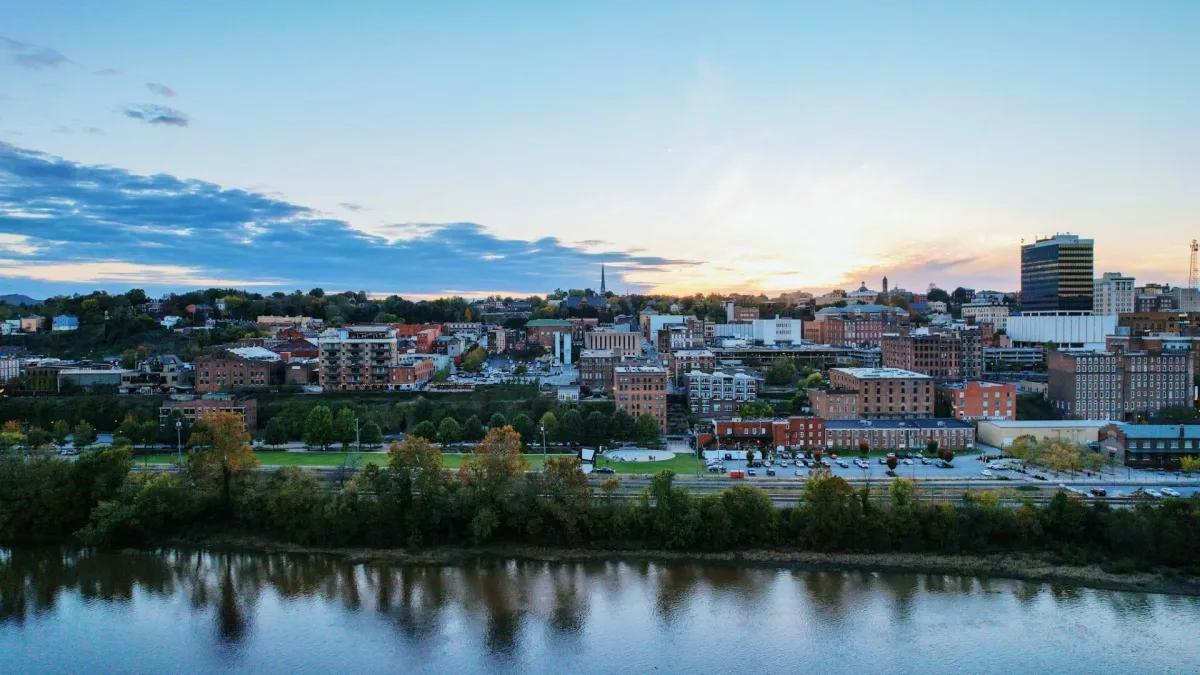
Navigating Regulations in Lynchburg, VA
In Lynchburg, VA, local architects faced the challenge of renovating old industrial buildings along the riverfront. The project required compliance with both historical preservation guidelines and modern building codes. By working closely with city officials and leveraging their expertise, architects were able to transform these structures into modern commercial and residential spaces while preserving their historical character.

Leveraging Technology for Community Development
Advancements in technology present new opportunities for architects to enhance community development. Tools like Building Information Modeling (BIM), virtual reality, and smart building technologies enable architects to design more efficiently and create interactive experiences for community engagement.
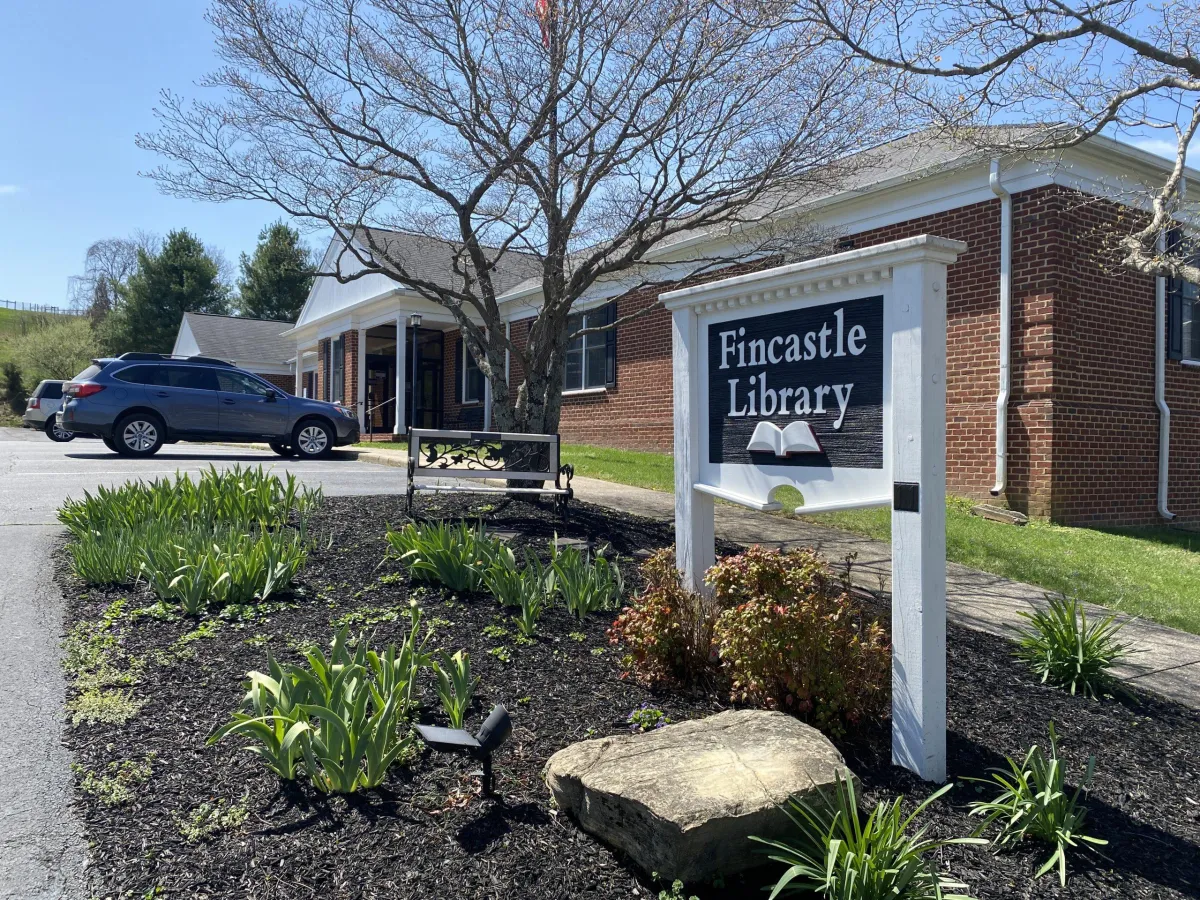
Technological Innovations in Fincastle, VA
In Fincastle, VA, local architects have embraced BIM and virtual reality to involve the community in the design of a new public library. By using these technologies, residents could virtually explore the proposed designs and provide feedback in real-time, ensuring the final building meets the community's needs and expectations.
Conclusion
Local architects are instrumental in driving community development. Through sustainable design, economic revitalization, cultural preservation, and social cohesion, they create environments that enhance the quality of life for residents. Firms like TAS Design exemplify the vital role architects play in shaping the future of their communities. As we look towards a future where sustainable and inclusive development becomes increasingly important, the contributions of local architects will remain indispensable.
Contact Us
Office Hours
Social Media
Mon- Fri 8 am - 5 pm
Sat, Sun- Closed except by appointment





Contact Us
1 540-302-2593
2507 Bluff Road
Roanoke VA 24014
Office Hours
Mon- Fri 8 am - 5 pm
Sat, Sun- Closed except by appointment
